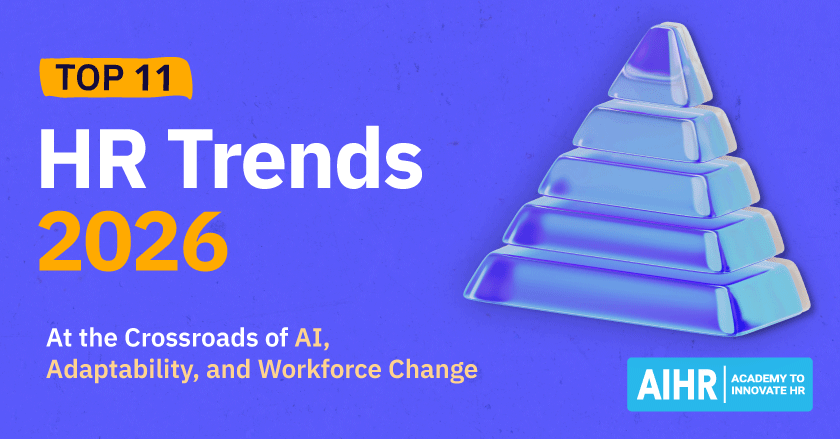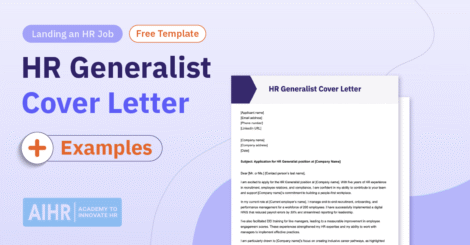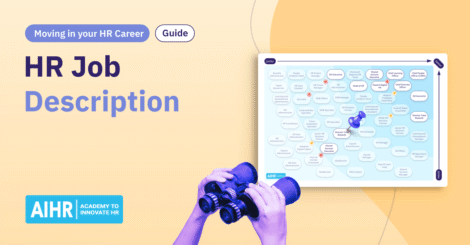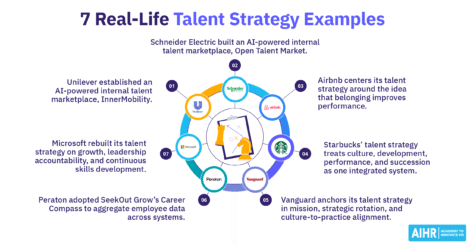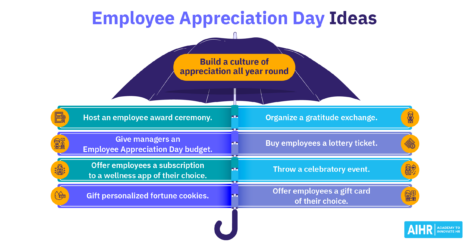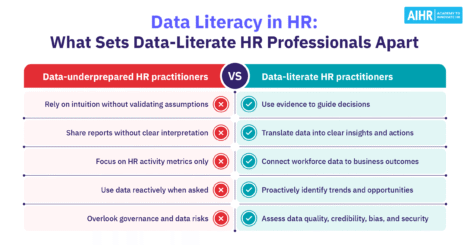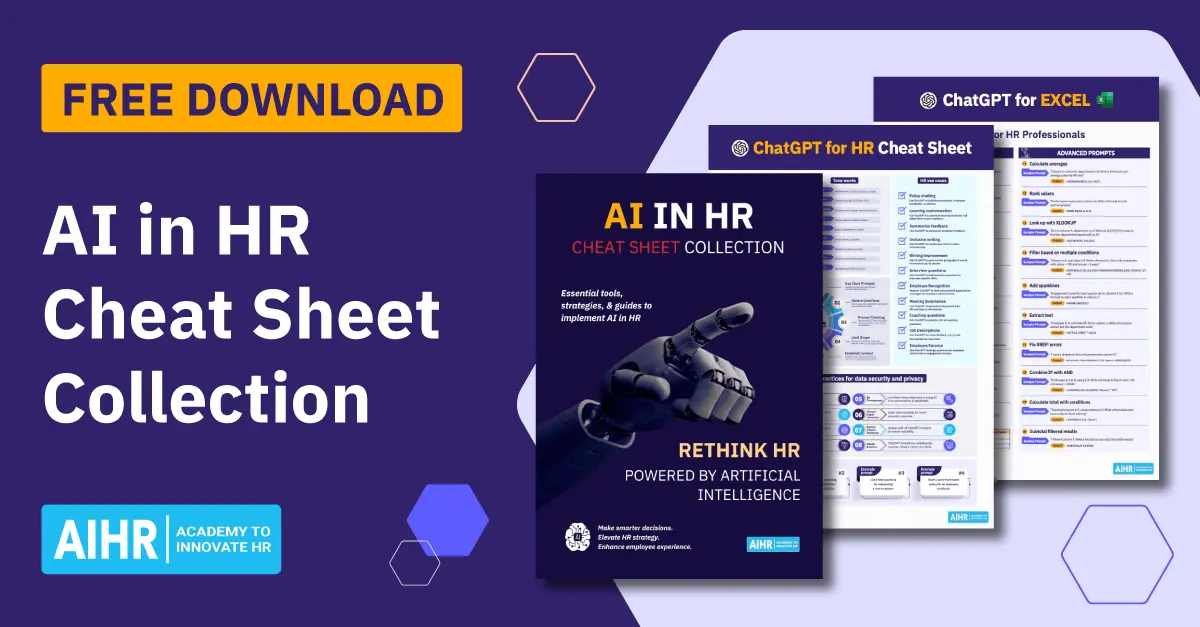The Diversity, Equity, Inclusion, and Belonging (DEIB) Manager is hired to assess the current workforce demographics, culture, and company goals, and help the business develop a DEIB strategy.
Contents
Role family & work experience
Key responsibilities
Job description template
Detailed responsibilities & tasks
KPIs for this role
Role family & work experience
- HR Role family: Solution architect
- Work experience: 3-7 years
Key responsibilities
- Develop and execute a comprehensive DEI strategy that aligns with the organization’s business goals and values.
- Collaborate with HR and other business leaders to identify and address areas of opportunity to promote diversity, equity, and inclusion.
- Monitor and analyze data on diversity, equity, and inclusion in the workplace and make recommendations for improvement.
- Work with employee resource groups to support and empower employees from underrepresented groups.
Job description template: DEIB Manager
The DEIB Manager will be responsible for developing, implementing, and managing diversity, equity, and inclusion (DEI) programs and initiatives within the organization. They will work closely with senior leadership, HR teams, and employees at all levels to promote a diverse, equitable, and inclusive workplace culture.
Responsibilities:
- Develop and implement strategies to attract, retain, and advance a diverse and inclusive workforce
- Analyze and report on the organization’s diversity metrics, including hiring and promotion rates, retention rates, and employee engagement levels
- Partner with HR teams to embed DEI principles into all HR practices, including recruitment, onboarding, performance management, and employee development
- Provide guidance and support to senior leaders and managers to create and maintain an inclusive work environment
- Conduct diversity training and workshops for employees at all levels to build awareness and understanding of DEI principles and practices
- Partner with external organizations and community groups to build partnerships and programs that support the organization’s DEI goals
- Conduct research and benchmarking to identify best practices and trends in DEI and incorporate them into the organization’s DEI strategy
- Lead and manage the Diversity, Equity and Inclusion team, and provide coaching and development opportunities to team members
Requirements:
- Bachelor’s degree in Human Resources, Business Administration, Social Sciences, or related field required. A Master’s degree in a relevant field is preferred.
- Minimum of 5 years of experience in DEI-related roles, including program development and management.
- Strong knowledge of current DEI trends, issues, and best practices.
- Excellent communication, collaboration, and relationship-building skills with the ability to work across different levels of the organization.
- Experience leading and managing teams.
- Demonstrated ability to influence change and drive results.
- Strong analytical and problem-solving skills.
- Experience in training, facilitation, and public speaking.
- Ability to maintain confidentiality and handle sensitive information with discretion.
Detailed responsibilities & tasks
- Develop and execute a comprehensive DEI strategy that aligns with the organization’s business goals and values
- Collaborate with HR and other business leaders to identify and address areas of opportunity to promote diversity, equity, and inclusion
- Develop and facilitate training programs for employees to promote DEI awareness and skills
- Establish metrics and track progress towards diversity, equity, and inclusion goals
- Monitor and analyze data on diversity, equity, and inclusion in the workplace and make recommendations for improvement
- Work with employee resource groups to support and empower employees from underrepresented groups
- Lead the development and implementation of policies and practices that promote diversity, equity, and inclusion throughout the organization
- Keep up-to-date with relevant legal and regulatory requirements related to diversity, equity, and inclusion in the workplace
Detailed skills description
- Knowledge of DEI: A strong understanding of diversity, equity, and inclusion concepts, issues, and best practices. This includes knowledge of legal requirements and regulations, as well as the ability to analyze data and trends to inform DEI strategies.
- Communication: Excellent verbal and written communication skills to articulate DEI concepts and strategies, and to engage and influence stakeholders at all levels of the organization.
- Collaboration: The ability to work collaboratively with cross-functional teams, including HR, talent acquisition, learning and development, and business leaders, to develop and implement DEI initiatives.
- Project management: Strong project management skills to plan, execute, and monitor DEI initiatives, including setting goals, creating action plans, tracking progress, and measuring outcomes.
- Leadership: The ability to lead and inspire others to embrace DEI initiatives and create a culture of inclusion.
- Cultural competence: The ability to understand and navigate cultural differences and work effectively with people from diverse backgrounds.
- Analytical thinking: The ability to use data to inform DEI strategies, measure progress, and evaluate the effectiveness of initiatives.
- Flexibility: The ability to adapt to changing priorities and circumstances, and to continuously learn and grow in the DEI field.
- Empathy: The ability to empathize with others, understand their perspectives, and create an inclusive work environment where everyone feels valued and respected.
KPIs for this role
- Workforce diversity: Tracking the representation of diverse groups across the organization, and setting goals to improve diversity in hiring, promotion, and retention.
- Inclusive workplace culture: Measuring the success of efforts to foster an inclusive work environment through employee feedback and retention rates.
- Compliance with DEI-related regulations: Ensuring that the organization is meeting legal requirements related to diversity and inclusion, such as equal opportunity employment laws and diversity reporting mandates.
- Supplier diversity: Tracking and increasing the diversity of suppliers and vendors the organization works with.
- External partnerships and community engagement: Building partnerships with external organizations to support diversity, equity and inclusion initiatives, and participating in industry or community events to promote DEI efforts.
- DEI strategy implementation: Measuring progress towards established DEI goals, assessing the effectiveness of current strategies, and adjusting plans as needed to ensure success.
- Training and development: Monitoring the effectiveness of DEI training and development programs, and assessing employee knowledge and skill levels related to diversity and inclusion.
- Employee resource group participation: Measuring participation and engagement in employee resource groups, and assessing the impact of these groups on the organization’s diversity and inclusion efforts.


